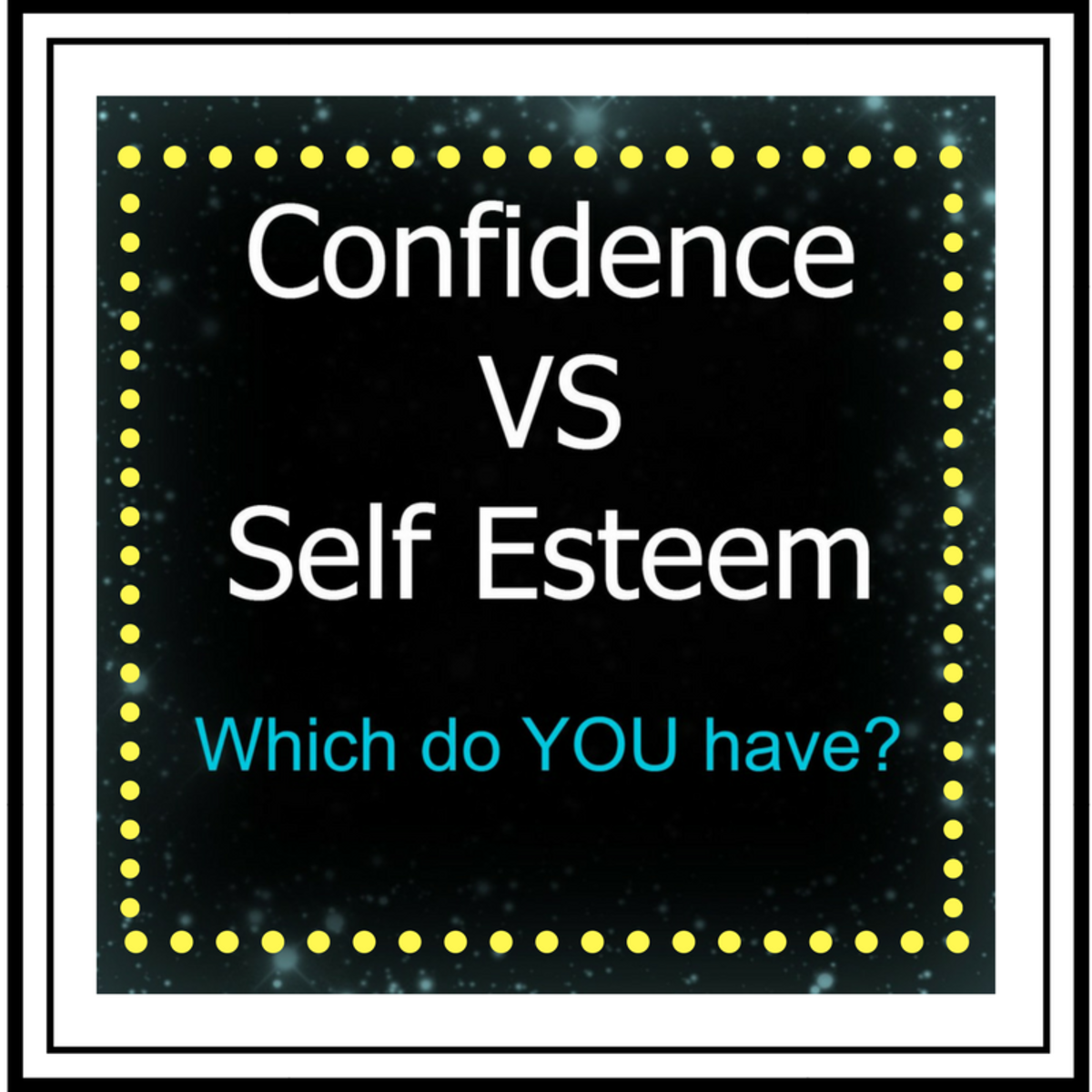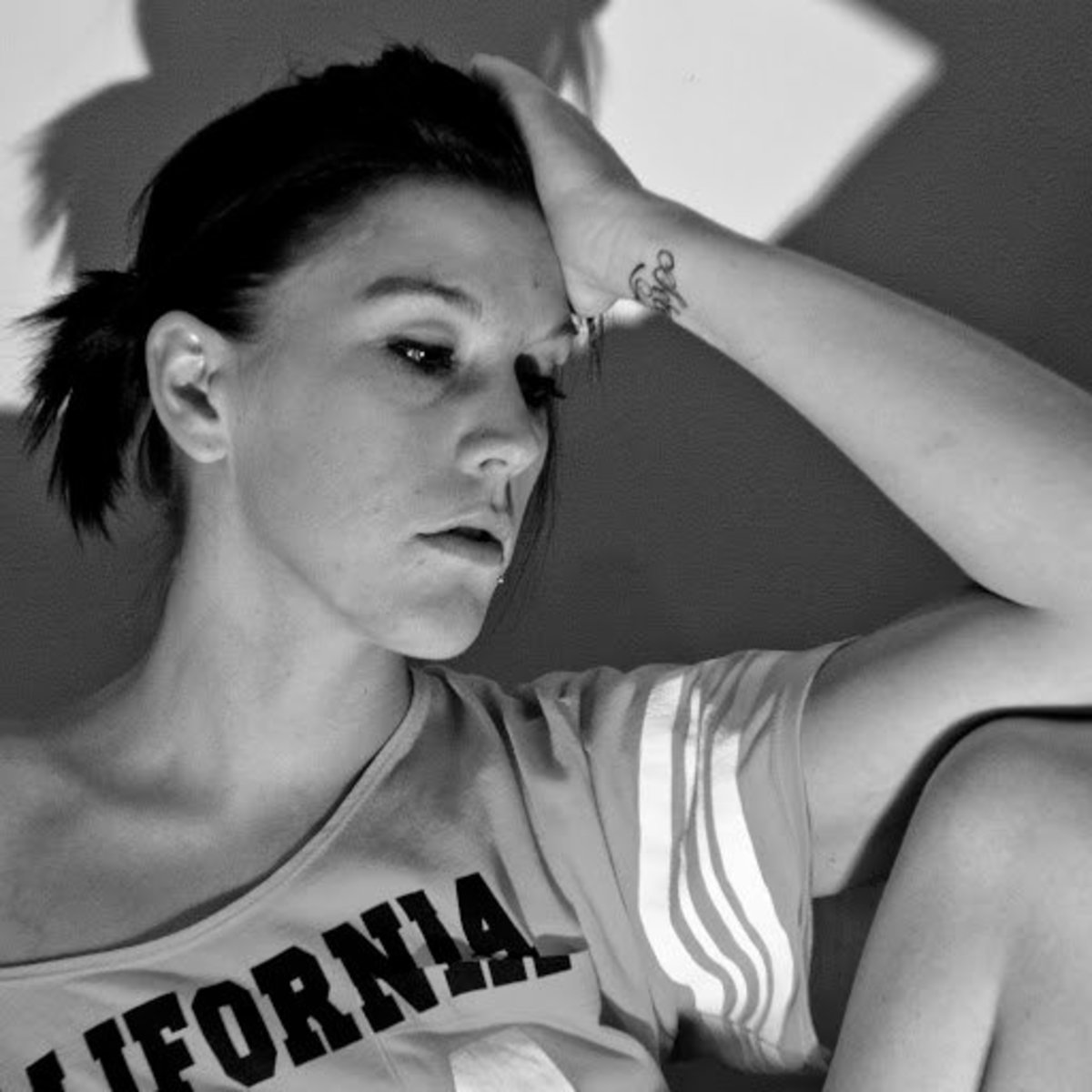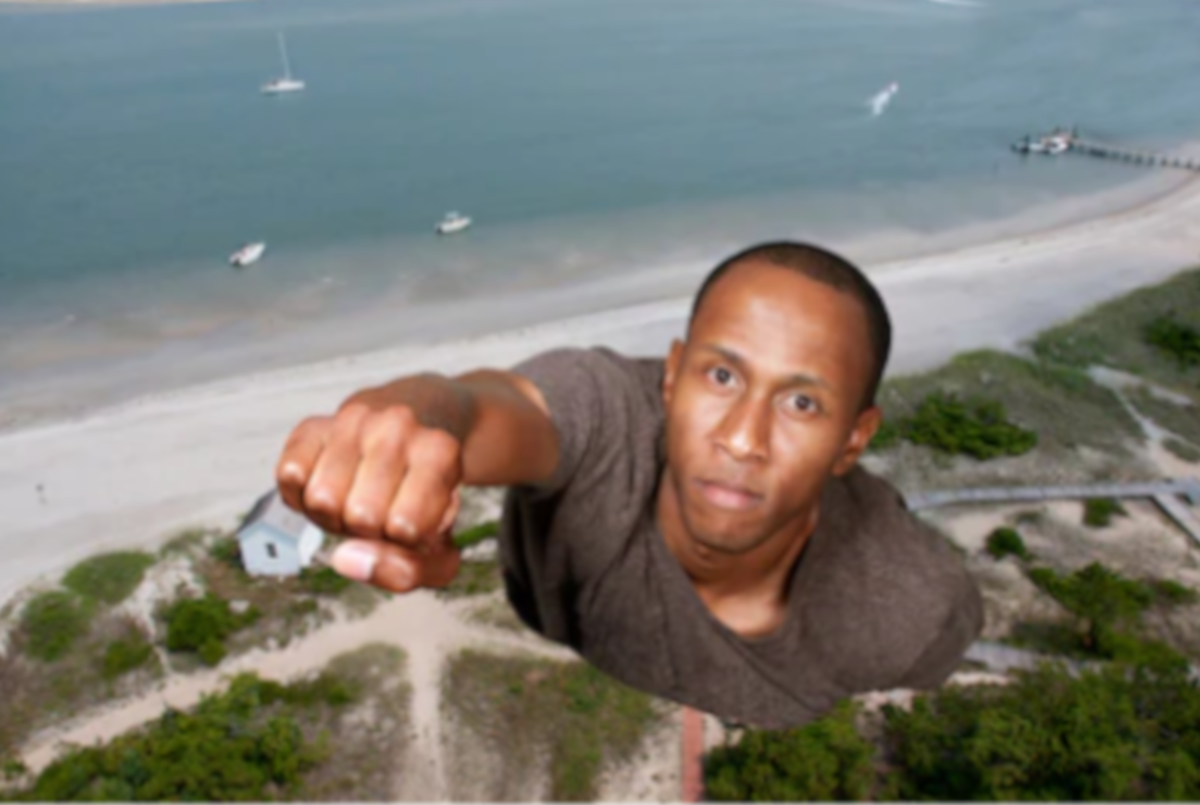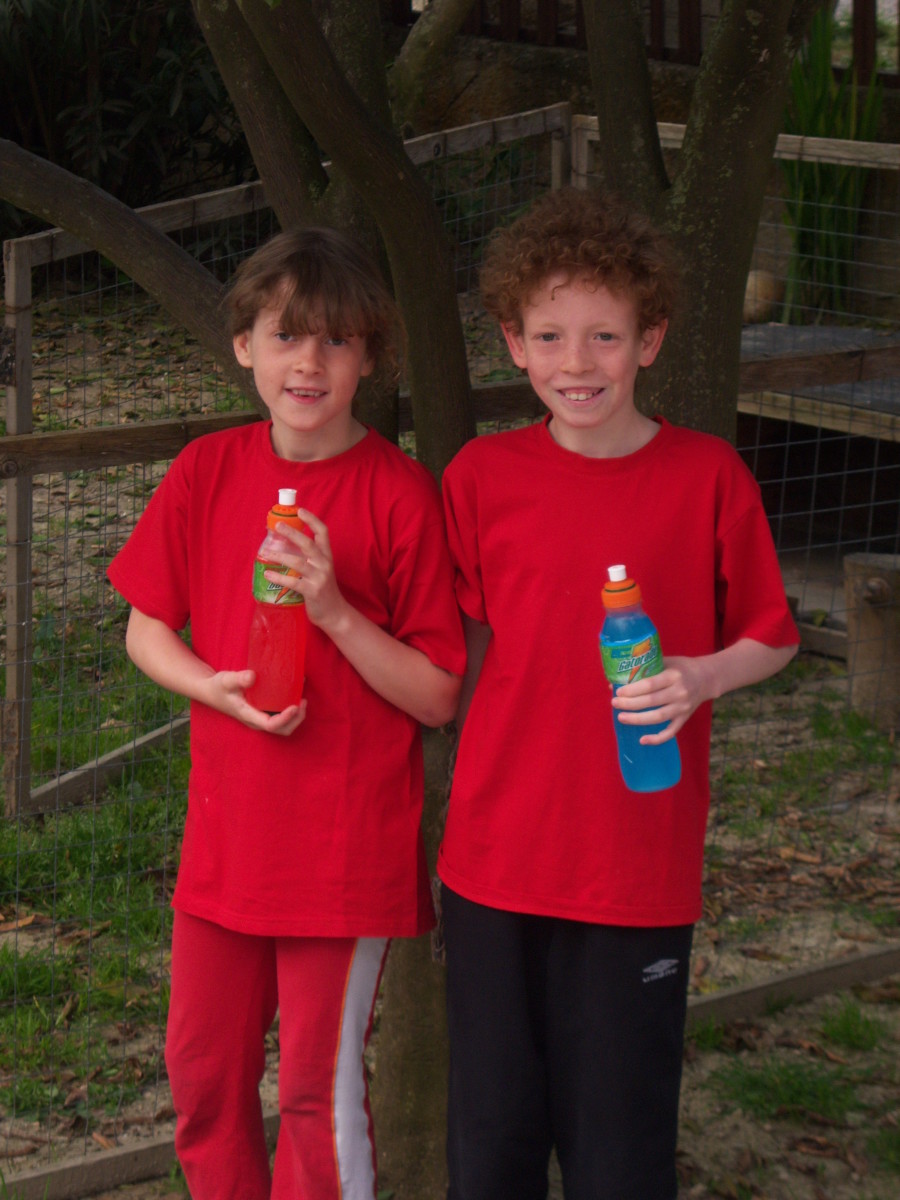- HubPages»
- Health»
- Mental Health»
- Emotions
Finding Confidence With Mediation, Tiny Vests & Ferrets
How we find confidence...
Confidence is funny thing. Given the choice I’m sure most of us would like to have it all the time. It feels nice. Life is undoubtedly much more enjoyable when we have it. So compelling is this sensation of poise and assurance that we often go to great lengths to try and find it. Some of us search for it in the gym, physical prowess and shiny biceps enhancing our self-esteem. We’ve all seen the imaginary speech bubble saying “Damn I look good in this tiny vest” above the head of the most ardent and dedicated members of the local gym. Commendable hard work, dedication and a dash of vanity, to simply feel confident in ourselves. There’s nothing wrong with that at all.
Some of the time we find it through others. A pat on the back, a few kind words of encouragement or a hearty “good job” are often all we need to don our indestructible hat of assuredness. We feel on top of the world, confident in our own abilities and secure in our decisions. Life is good. And then faster than a frozen ferret down a lubricated drainpipe: it can vanish.
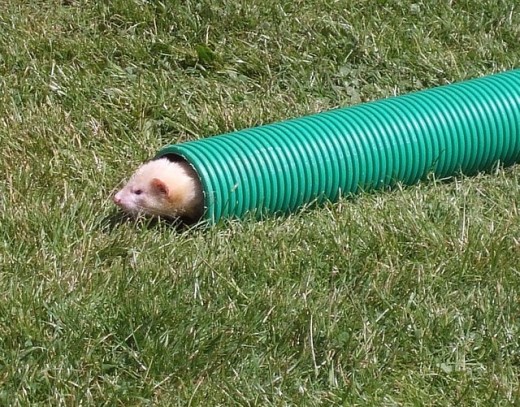
....and How We Lose It!
Often all it takes is a misplaced tut, an unwelcomed shake of the head or a disheartening rejection, and our fragile confidence can come crashing back down to earth. Our genes remember that somehow we’re related to an Ostrich, we stick our heads in the sand and refuse to acknowledge the world ever again……ever ever. Confidence can be frustratingly transient.
Of course it often depends on the specific situations we find ourselves in. At work we could be viewed as an expert in our relative field. A place where meetings are seen as a relatively comfortable environment, our expertise is both appreciated and praised.
“Damn I look good with my flow chat”.
The same person however could feel unease and anxious at a party. Surrounded by unfamiliar faces, we can experience social pressures that require us to be “fun” and “engaging”, the added pressure easily shaking our once buoyant self-confidence.
And all of this is perfectly natural. We all have things that we’re good at, and things that we’re rubbish at. Most of the time we avoid our personal achilles’ heel because it makes us feel uncomfortable. We’re fearful of looking inept and failure can unfortunately be seen as a weakness. It’s this unease and anxiety that can slowly chip away at our self-confidence, leading to negative thoughts, behaviour’s and a vicious circle of self-doubt.
It seems a shame as having confidence in oneself and the ability to portray this to others is undoubtedly important in all manner of life’s endeavours. It’s useful for job interviews, attracting a partner (according to dating polls), competing in sport or simply to just feel happy and content. It’s of no surprise that presidents, prime ministers and even celebrities all receive training in how to portray confidence. Body language, the way we speak, gestures and tone of voice are all traits that can be learnt to help give off an air of confidence.
There is however a difference in looking confident, and feeling confident. Small gestures like the rubbing of hands, fiddling with clothes or a relatively innocuous “bouncing foot” can all betray this perfectly planned orchestration of power. These “little tells” typically occur in times of stress, situations where we feel unease and on-edge. Again, all perfectly natural. We can’t avoid stress. The modern world doesn’t allow us. “Damn you mortgage payments”. We can however learn to reduce and control it.
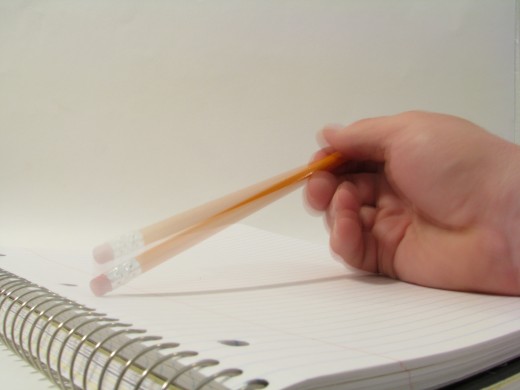
Increasing self-esteem through meditation
If you’ve ever practiced meditation, even just once, you may have noticed that afterwards, things can seem a little different. At the risk of sounding like a brown robe wearing monk (I have the haircut for it), the pace of life appears to have slowed down. While it’s unlikely that we’ll all start walking round as if we’re in perpetual slow-mo, the world does seem calmer, more manageable and ultimately a much better place to be. We feel relaxed and dare I say it, more confident.
In a study by psychology researcher Philippe Goldin, participants suffering from anxiety and low self-esteem underwent meditation based stress reduction to determine if meditation had a direct impact on levels of anxiety. After the two-months of meditation training, participants were less anxious, thought of themselves more positively and showed more confidence in their abilities.
Participants were given a set of adjectives (both positive or negative) and were asked to pick the words that best described themselves. Their brain activity was subsequently recorder through an MRI scanner and the results examined.
After meditation the participants were more likely to choose positive words like “admired” and “loved” to describe themselves as opposed to “afraid” or “coward”.
Meditation not only makes us feel more relaxed, but it can help us re-evaluate our own abilities. Negative thought patterns where we’re overly critical of ourselves can actually start to be broken and we literally re-program our brain.
The changing brain
If you’ve ever seen a rain drop drip down a window, you’ll know that the next little droplet of water will follow the same path. It’s easy, familiar and the path of least resistance. Neuronal connections behave in much the same way. Regular and persistent thoughts over time create a pattern of thinking and behaviour that can be difficult to overcome. By relaxing the mind, clearing the chatter and understanding that the stresses in our lives are merely a matter of perspective, we can physically start to change the way our brain is built, and subsequently the way we think.
Stress is perfectly natural, but so is relaxation. It’s what our bodies were designed to do. We live in a world that rightly or wrongly, is much more stressful that it once was. If we can make some time every day to re-address the imbalance caused by the modern world, then maybe we can start to find our confidence without having to wear tiny vests.

